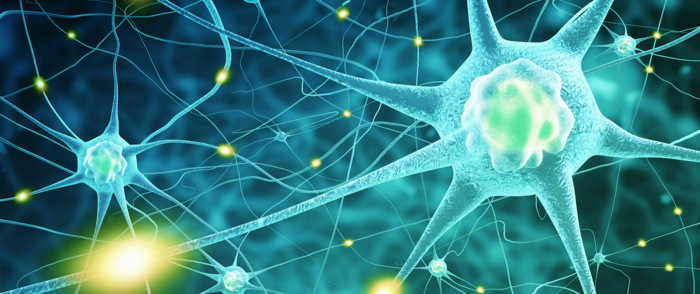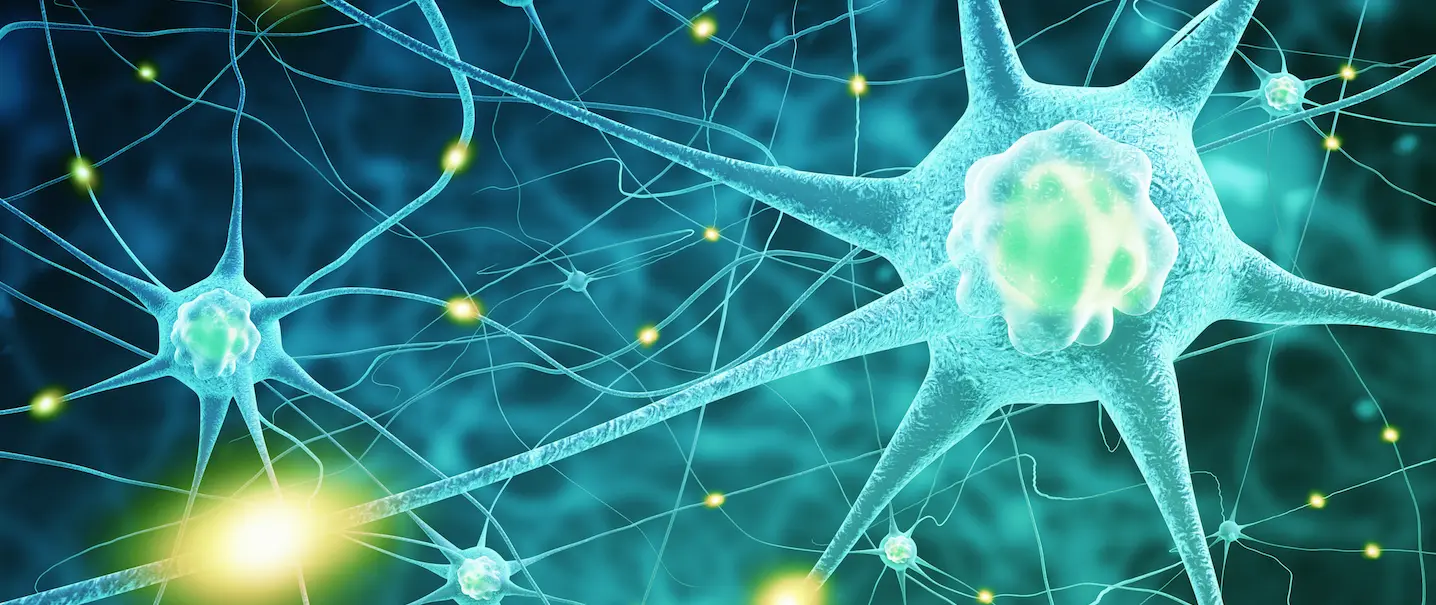Paralysis and impaired movement are typically the most obvious consequences of spinal cord injury (SCI). But, secondary complications such as loss of bladder and bowel control also significantly impact the quality of life and can even become life-threatening. Now, groundbreaking research being conducted at the University of Louisville is providing the hope that even those with a complete spinal cord injury may eventually recover functions once thought to be lost forever.
 Sending a Message via Epidural Stimulation
Sending a Message via Epidural Stimulation
When the delicate nerves within the spinal cord have been injured, it loses the ability to transmit messages to and from the brain.
Epidural stimulation involves implanting a device onto the lower part of the spine and applying electrical currents at varying frequencies and intensities to activate nerve circuits. By means of a smart phone-sized remote control, the currents provide signals that would normally be sent by the brain to control functions like moving a limb or controlling the bladder.
What Have Been The Results So Far?Within just a few weeks of starting epidural stimulation, four young men with chronic motor complete SCI were able to voluntarily move their legs, ankles, hips, knees and toes and bear weight independently. With daily therapy, all were able to move with progressively less stimulation.
Each participant also experienced increased muscle mass and improved autonomic functions including bladder and bowel control, sexual function, and blood pressure and body temperature regulation.
By now expanding the study to include 36 new participants, researchers are hoping to gather more data and evidence to support the effectiveness of epidural stimulation not only in improving limb movement, but also the body's autonomic functions.
Gluckstein Injury Lawyers supports such exciting, groundbreaking scientific efforts and continue to offer full legal support to SCI patients and their families.
Comments
We would love to hear from you. Please share your thoughts about spinal cord injury in "Leave a Comment" found below.
LINKS
>> Treating Brain Injuries with New Wireless Sensor Help?
Source: www.reevebigidea.org/the-research
Expertise.
Share
Subscribe to our Newsletter

